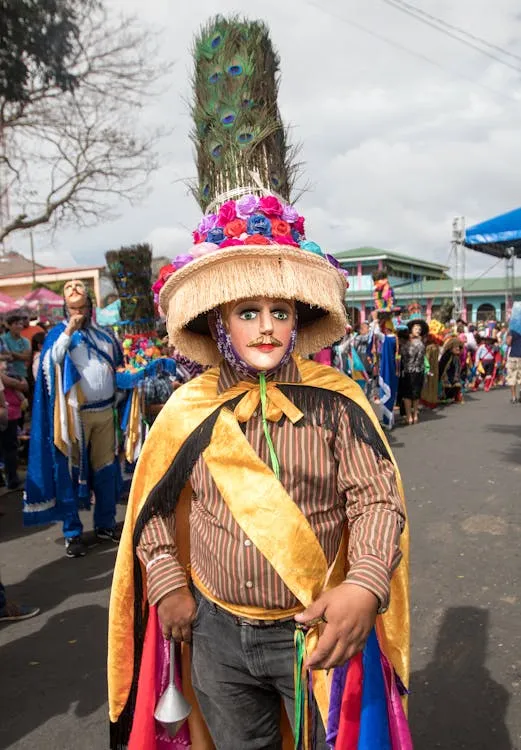“Don't touch the child without touching his foot,” my grandmother told me, while I didn't even understand what that meant. I was about seven years old, I had just said that the neighbor's baby was quite cute, and suddenly the whole room was whispering about “the evil eye.” That's how I learned that in my country there were invisible but very real rules. No one teaches you these rules in school. They're not in books, but break them and you'll feel judged by everyone, and the disapproving looks will be unmistakable.
Over time, I understood that there are ways of speaking, eating, entering a house, and even looking at a chair that you only understand if you grew up in these lands, and that above all, each region, town, or district has different rules that make us unique.
Here are some of the strangest unwritten rules I've experienced and broken more than once.
If someone sneezes three times in a row, you have to say “bless you!”
But if it's more than three times, you don't say anything. Why? I don't know. It's just not done.
Dancing with your older (single) aunt is mandatory.
At family parties, there's always an older aunt or lady who wants to dance. No one says it, but some nephew has to sacrifice himself. And you can't say no.
You can't go to a party without bringing “something” even if they don't ask you for anything
It can be a bottle, a liter (of liquor), ice, soda, or even “a chicken.” Arriving empty-handed is like saying, “I'm just here to eat.”
Plastic chairs are claimed with a glance
At a family gathering or party, you don't have to say “that chair is mine.” Just by standing nearby or staring at it, people understand that you have it “reserved.”
Coffee is always offered and never refused
If you arrive at a house in the north, you will be offered coffee, even if it is nighttime. And even if you don't like it, you can't say no. You accept it, take a couple of sips, and thank them with a pleased expression.
Translated with DeepL.com (free version)

Source
"No toqués al niño sin tocarle el pie”, me dijo mi abuela, mientras yo ni si quiera entendía qué significaba eso. Tenía más o menos siete años, acababa de decir que el bebé de la vecina era bastante lindo y ya toda la habitación estaba murmurando sobre “el mal de ojo”. Así fue como aprendí que en mi país había reglas invisibles, pero muy reales. Nadie te las enseña en la escuela. No están en libros, pero rompélas y te vas a sentir juzgado por todos y lad miradas de desaprobación no harán falta.
Con el tiempo entendí que acá hay formas de hablar, de comer, de entrar a una casa, incluso de mirar una silla, que solo entendés si creciste en estas tierras y que sobretodo cada region, pueblo o comarca tiene reglas distintas que nos hacen únicos.
Te comparto algunas de las reglas no escritas más extrañas que he vivido y que más de alguna vez he roto.
Si alguien estornuda tres veces seguidas, hay que decirle “¡salud!”
Pero si son más de tres, ya no se dice nada. ¿Por qué? No lo sé. Simplemente no se hace.
Bailar con la tía mayor (soltera) es obligatorio
En fiestas familiares, siempre hay una tía o señora mayor que quiere bailar. Nadie lo dice, pero algún sobrino se tiene que sacrificar. Y no podés decir que no.
No podés ir a una fiesta sin llevar “algo” aunque no te pidan nada
Puede ser una botella, un litro (licor), hielo, gaseosa o incluso “una gallina”. Llegar con las manos vacías es como decir “vengo solo a comer”.
Las sillas plásticas se reclaman con una mirada
En una reunión familiar o fiesta, no tenés que decir “esa silla es mía”. Solo con quedarte cerca o verla fijo, la gente entiende que la tenés “reservada”.
El café se ofrece sí o sí y no se rechaza
Si llegás a una casa en el norte, te van a ofrecer café, aunque sea de noche. Y aunque no te guste, no podés decir que no. Lo aceptás, le das un par de sorbos y agradecés con cara de gusto.